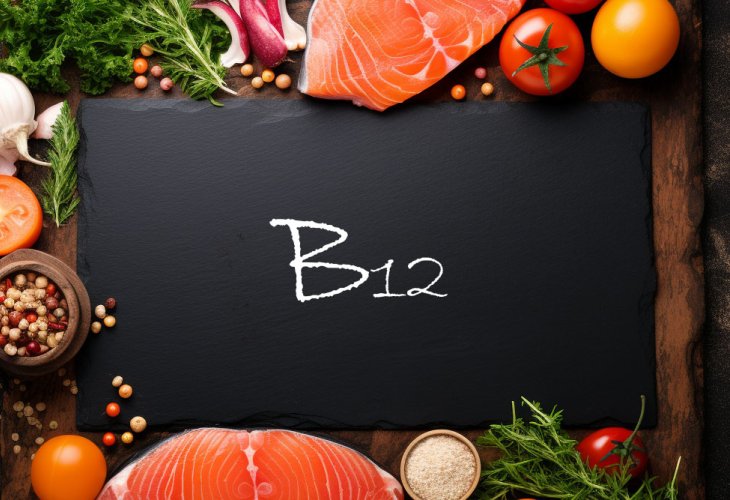Health and Nutrition
Vitamin B12 Deficiency: Symptoms, Sources, and Why You're Probably Not Getting Enough
Discover how this essential vitamin affects mood, memory, and energy — plus the foods and supplements that can restore your levels

It’s considered one of the most essential vitamins in the human body, and a deficiency can lead to serious neurological symptoms. While many believe that only vegetarians suffer from B12 deficiency, research shows that up to 40% of the adult population worldwide may experience significant deficiency at some point due to absorption issues. B12 is one of the eight B-complex vitamins and plays a direct role in regulating our mood.
1. What Is B12 and Why Is It Important?
Vitamin B12 supports the proper functioning of multiple body systems, including the nervous, cardiovascular, and circulatory systems. It is also vital for DNA production and the formation of red blood cells. Scientific studies have shown its importance in maintaining cognitive function, emotional balance, and quality sleep.
2. How Can I Tell If I'm Deficient?
A B12 deficiency can present as overall poor health and increased susceptibility to infections. Additional symptoms may include:
General weakness and fatigue
Rapid heart rate and dizziness
Irritability and shortness of breath
Low blood pressure and unexplained cold sensations
As the body’s B12 reserves are depleted, more serious issues can arise, including:
Memory and concentration difficulties
Mood decline and depression
Tingling in the limbs
Mouth pain and tongue swelling
Vision problems, migraines
Hair loss, nausea, and diarrhea
B12 has a significant impact on emotional well-being — its deficiency can harm the nervous system and contribute to anxiety, stress, and even depression.

3. Where Can You Get B12?
Vitamin B12 is found almost exclusively in animal-based foods. Common dietary sources include:
Liver (especially chicken liver): 100g provides about 16 mcg
Hard-boiled egg: ~0.6 mcg (about 25% of the daily recommended amount)
Ground beef (100g): 2 mcg
Canned tuna in oil (100g): 2 mcg
Low-fat yogurt (170g): 1.3 mcg
Salmon (100g): 3 mcg – which meets the daily recommendation for adults
4. What About Supplements?
If a blood test reveals a deficiency, it’s important to consult your doctor about taking a supplement. You’ll want to know whether to take a full B-complex or just B12. Ideally, the supplement should be sublingual (dissolves under the tongue) to ensure better absorption rather than swallowed.
This article is for informational purposes only and does not replace professional medical advice.

